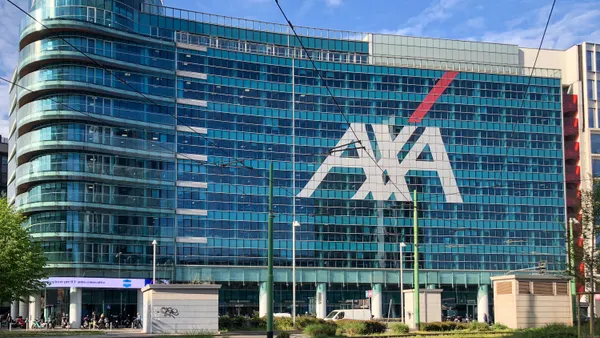Dive Brief:
-
VMware is selling its enterprise hybrid cloud offering to hyper-scale cloud provider OVH, according to a VMware announcement issued Tuesday. As part of the deal, VMware will transition vCloud Air U.S. and European data centers, customer operations and customer success teams to OVH.
-
Financial details of the transaction were not disclosed. OVH says it is one of the largest cloud providers in the world, with more than one million customers and 260,000 servers deployed.
-
OVH leads the private cloud market in Europe, and the addition of vCloud Air will help offer solutions for large enterprise deployments, "including rich capabilities for migration and advanced hybrid functionalities for virtual data centers," according to Octave Klaba, chairman and CEO of OVH.
Dive Insight:
vCloud Air was originally developed to compete with Amazon Web Services (AWS). But VMware has shifted its strategy over the last six months, looking to compete less with AWS in the cloud market and collaborate with it more.
Last fall, VMware signed a public-private cloud partnership with AWS. As part of the new alliance, AWS will be VMware’s primary public cloud infrastructure partner and VMware, in turn, will serve as AWS’s primary private cloud partner.
VMware said in a statement it has "evolved its business strategy to focus on providing hybrid and cross-cloud software and services." Therefore, it will transition vCloud Air to OVH and eliminate the conflict of interest with new partner AWS.
After the close of the acquisition, OVH will operate the service as vCloud Air Powered by OVH but will continue to use VMware's hybrid cloud technology. VMware and OVH have worked closely together for years and the new relationship will also include joint R&D.
VMware is used in some form or another by almost all Fortune 100 companies, according to IBM. The company is known for making solid strategic decisions that keep it on top of changes in the cloud market. Last year, VMware formed a slew of partnerships that allow it to run its software on its own servers and the infrastructure of other cloud providers.













